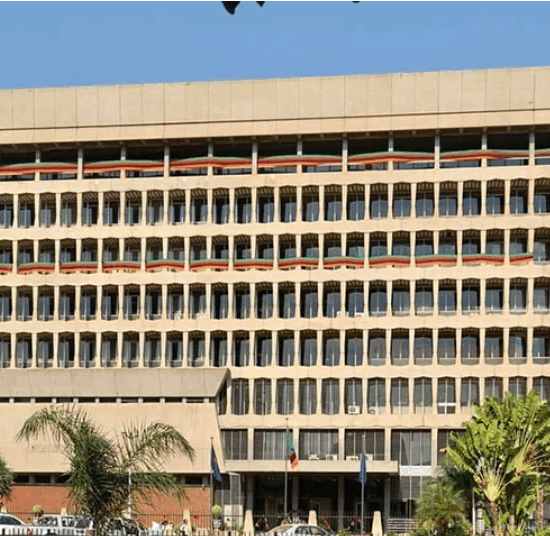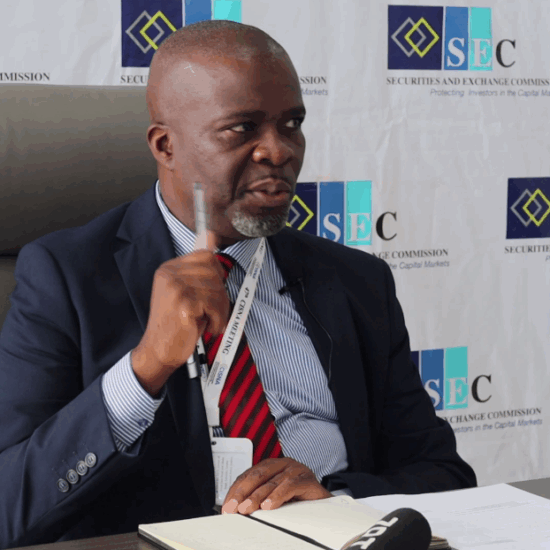
Conflicting information on the state of Zambia’s finances continues to emerge and new finance minister – Situmbeko Musokotwane should rise to the challenge and clear the air on what the actual and detailed status of Zambia’s treasury is. Is it a cash flow problem or an revenue problem?
Newly inaugurated President Hakainde Hichilema told the nation and international media via BBC that he has inherited an empty treasury. Within the same space of time, government main revenue generator – the Zambia Revenue Authority (ZRA) stated in their scheduled update that they have exceeded their revenue collection target after having collected K59.450 billion against the annual target of K59.369 billion for 2021.
ZRA went on further to state that the Authority has exceeded the revenue collection target with four months to spare before the end of the year And that the Authority has refunded K7.846 billion mainly to the mining sector.
During the Monetary Policy Committee update, the Central Bank Governor Christopher Mvunga stated that the country’s reserves have crossed five months import cover and reached US$2.9 billion. A check also with government biggest expenditure line shows that the payroll was made on time and all civil servants are being paid on time.
A check on the market has also confirmed that there is a Kwacha liquidity challenge which if not arrested on time, will spiral out of control. The Kwacha is just from recording a 30% appreciation within a period of about four weeks.
This scenario then saw opposition Patriots for Economic Progress – PEP leader Sean Tembo accuse President Hichilema of putting out a statement that the treasury is empty “as political” to avoid being held accountable for campaign promises such as provision of free education from primary to university.
So, which is which? Which coffers are empty? Is it control 99? What is it? There is need for a more comprehensive report on Zambia’s financial position and the Finance Minister should come through and clear the air. There is need to have a clear view so that both local and foreign investors can have a sound basis for taking financial decisions.







